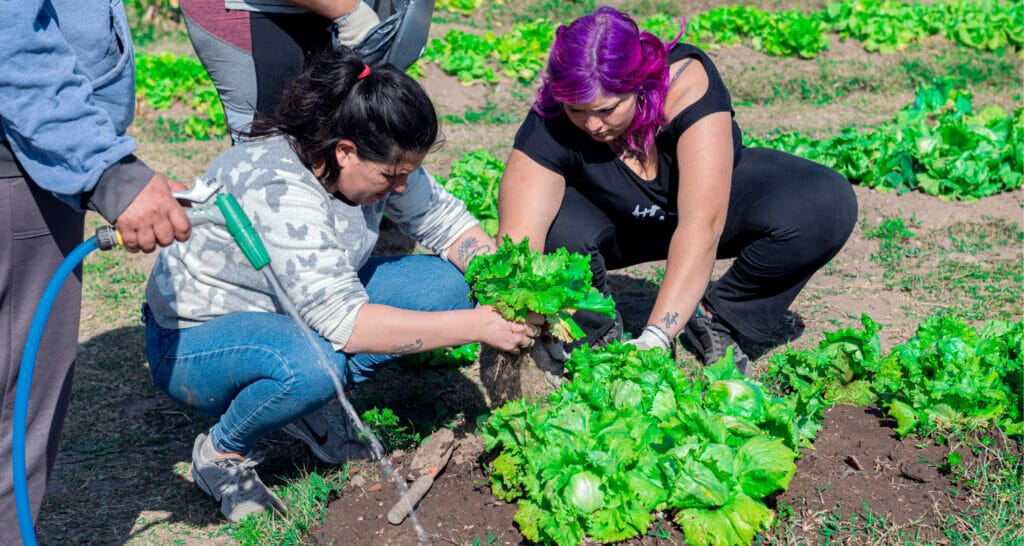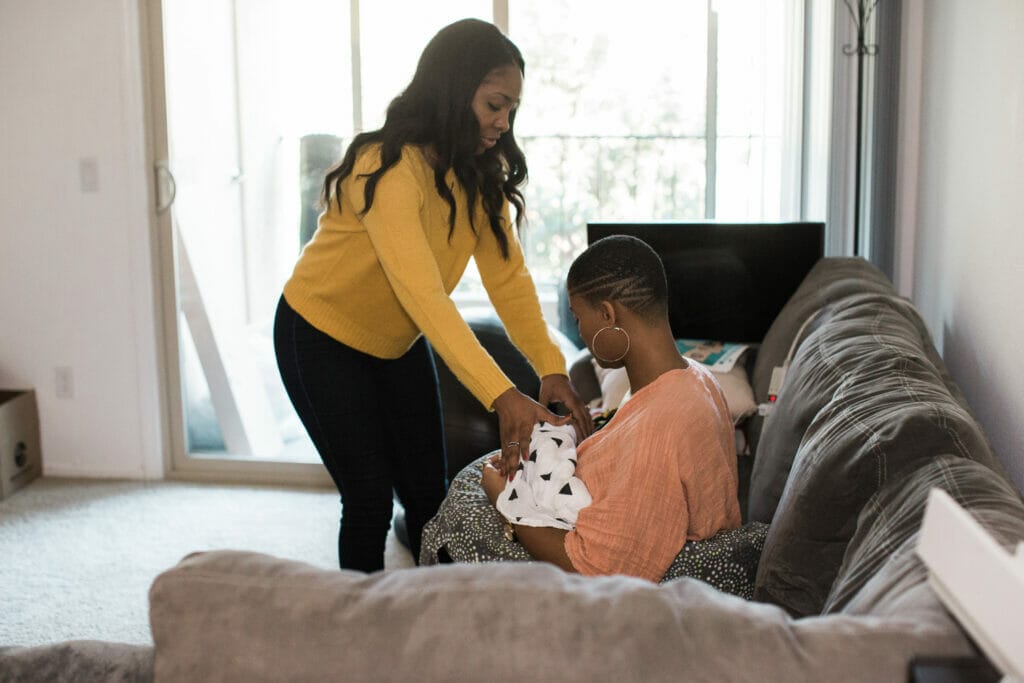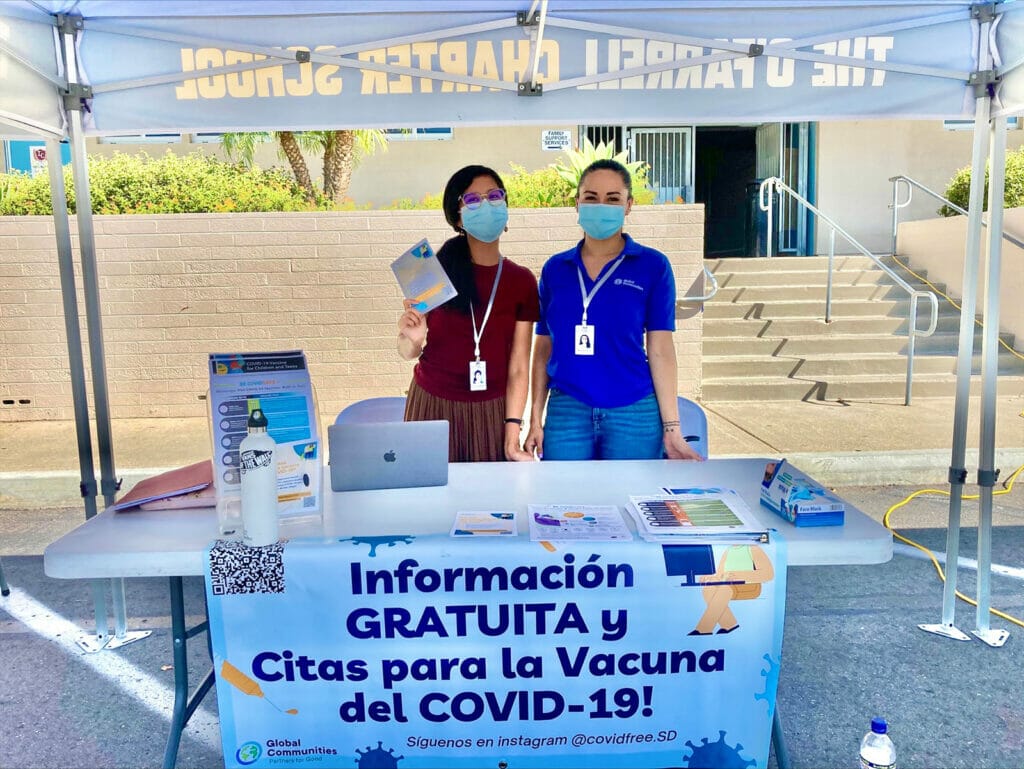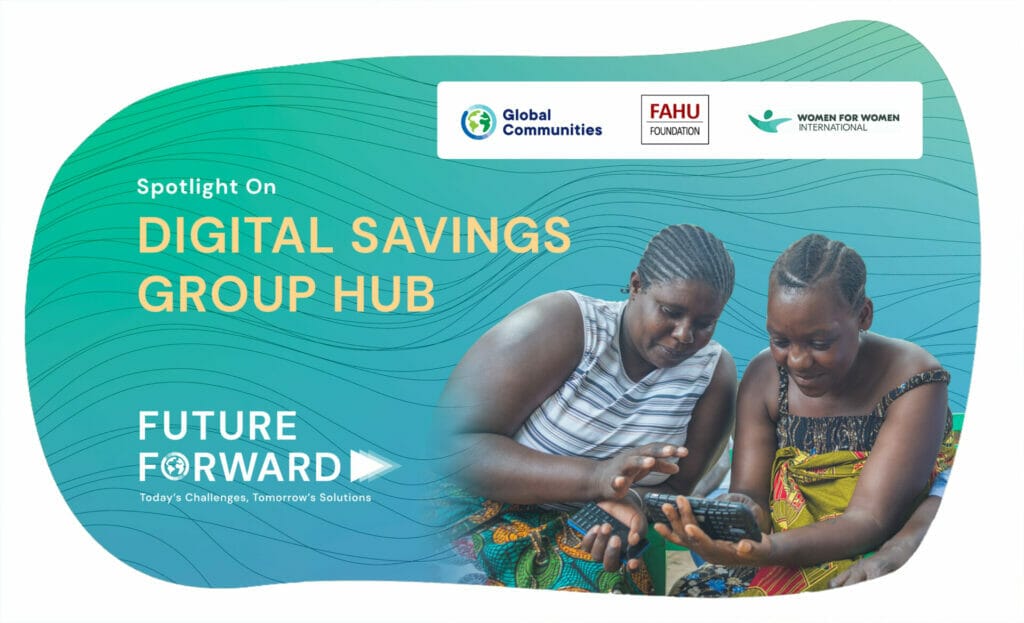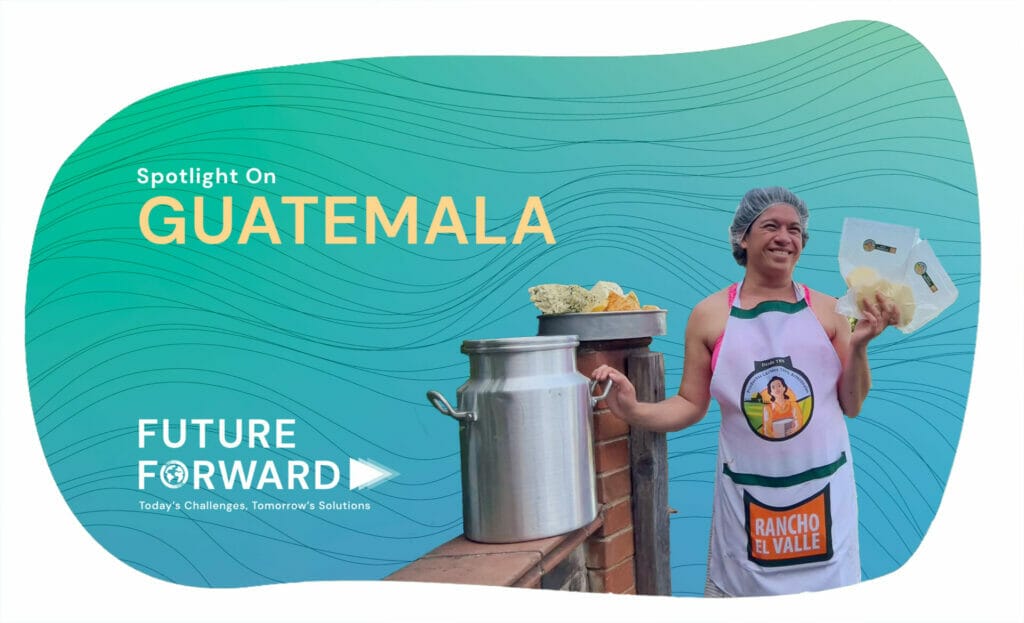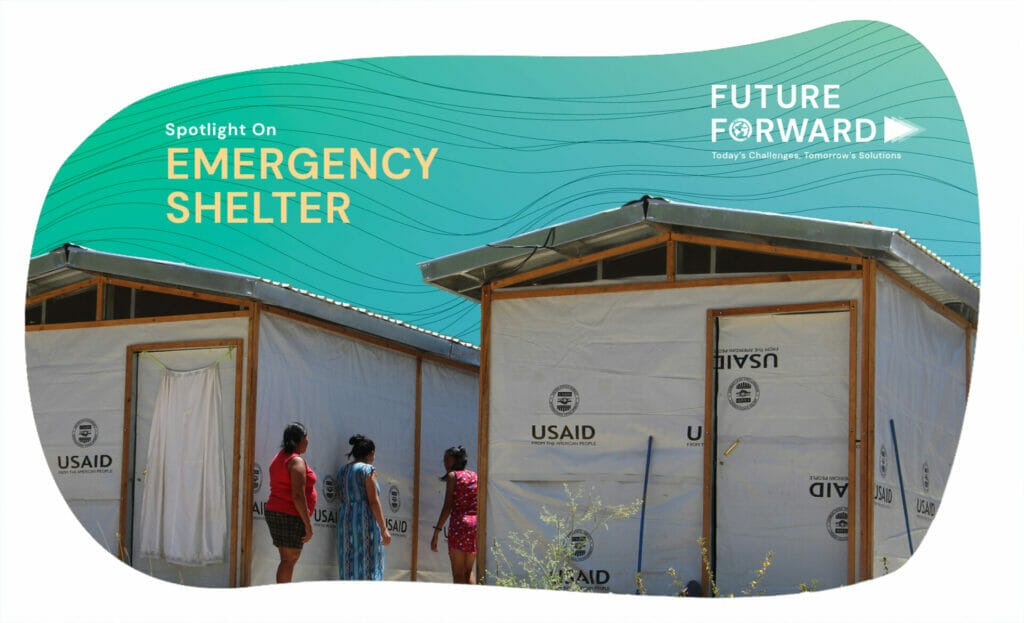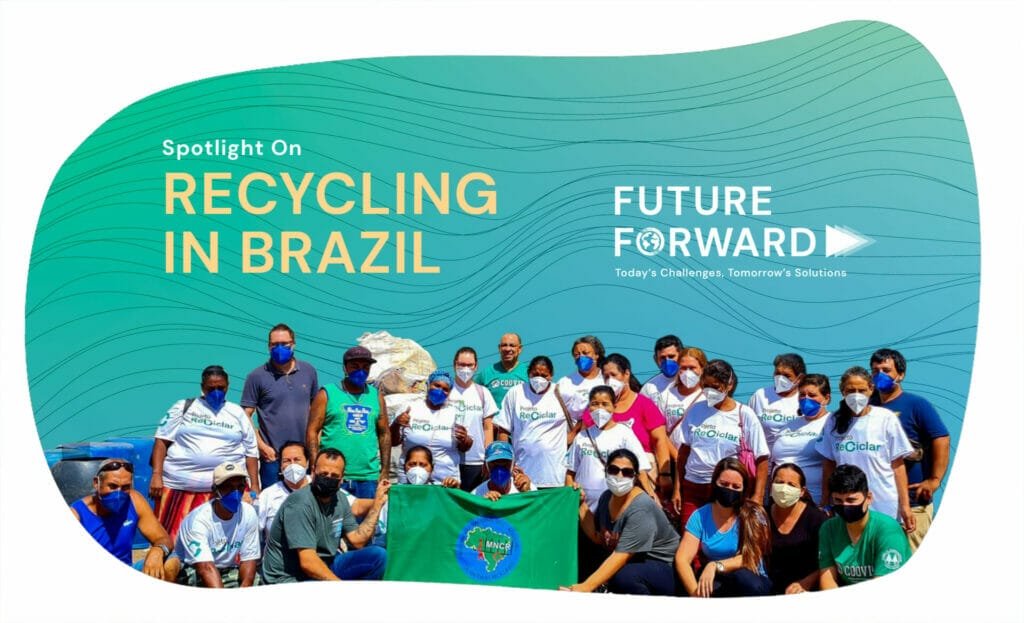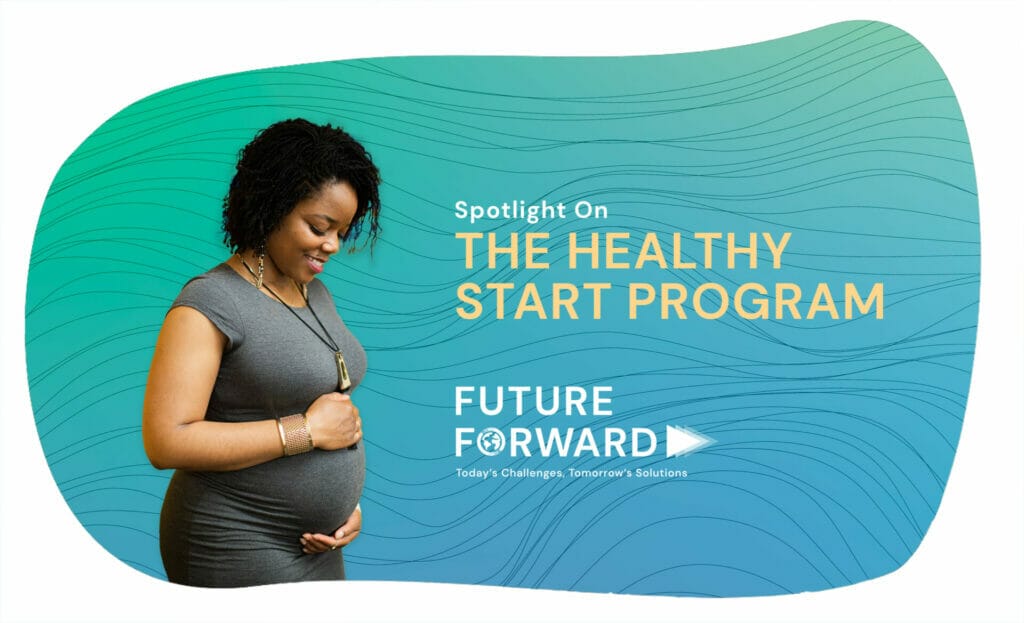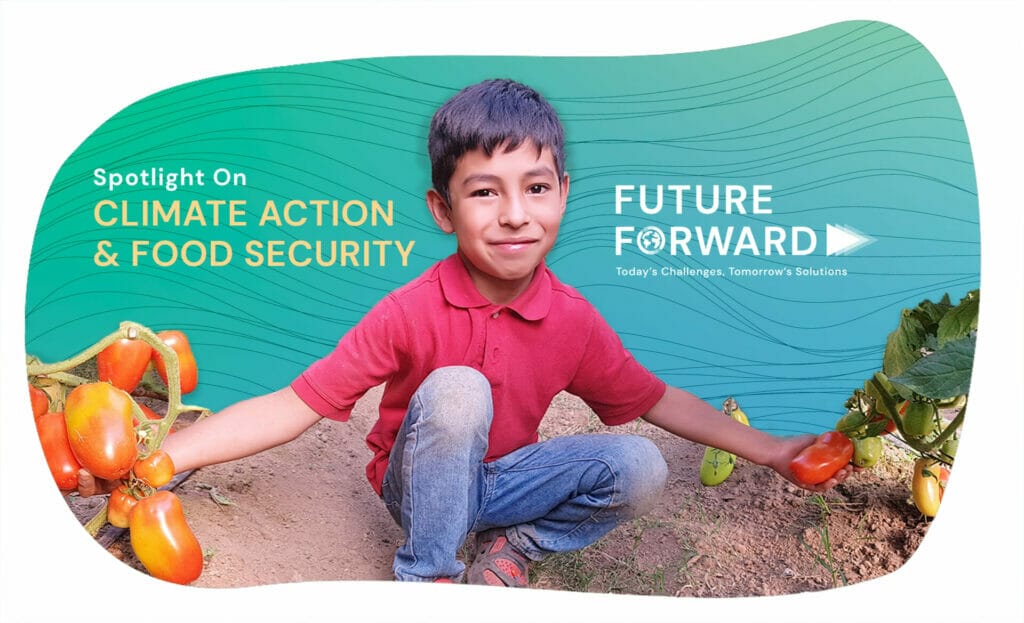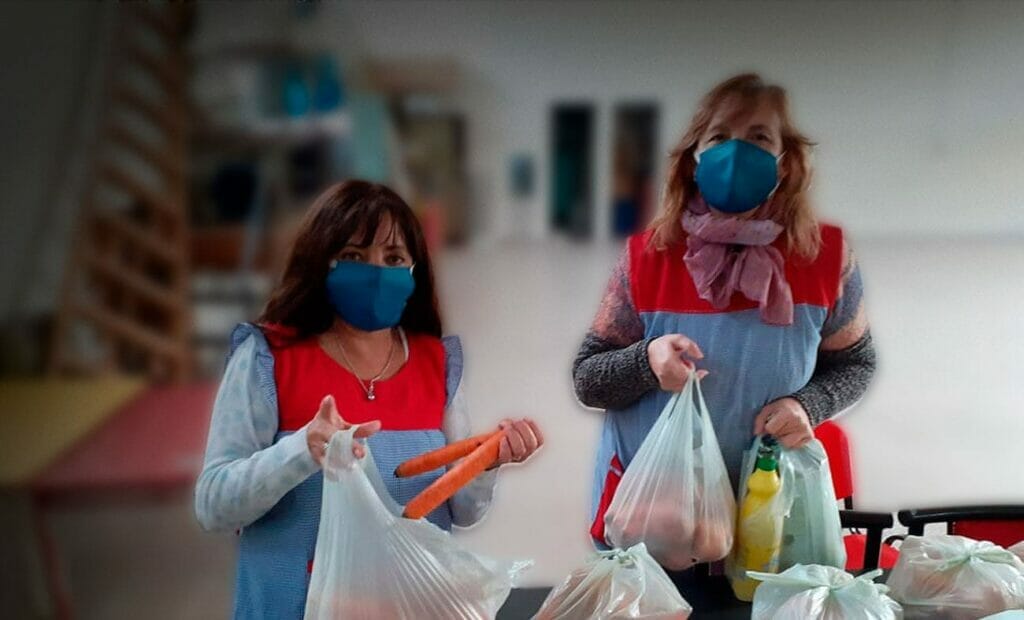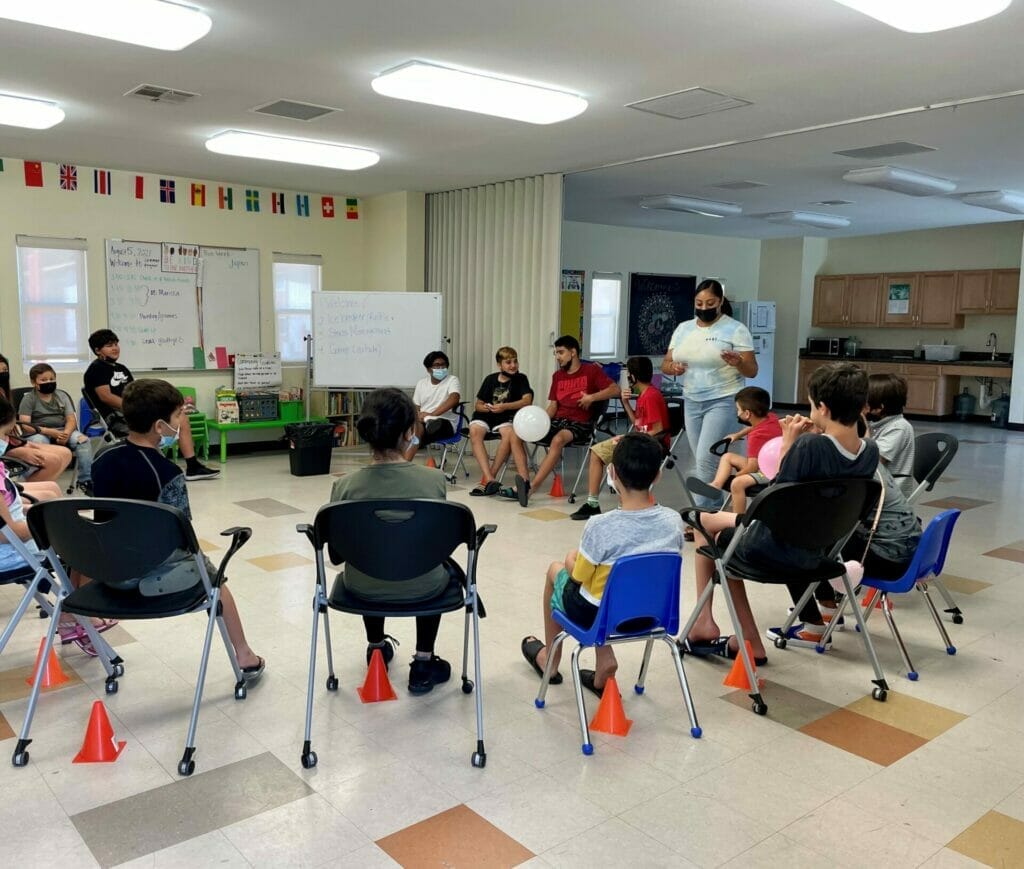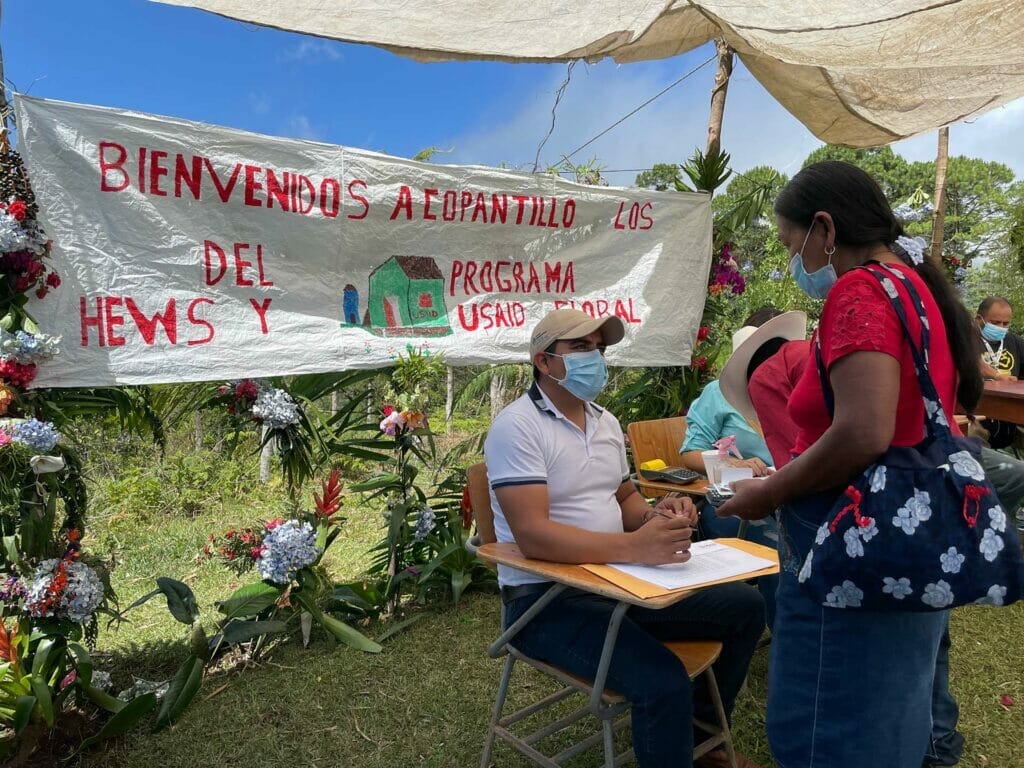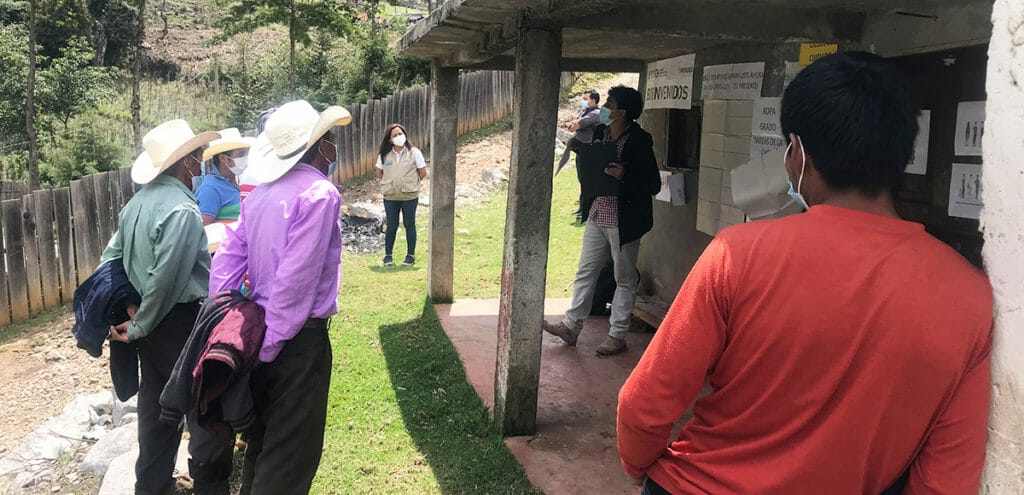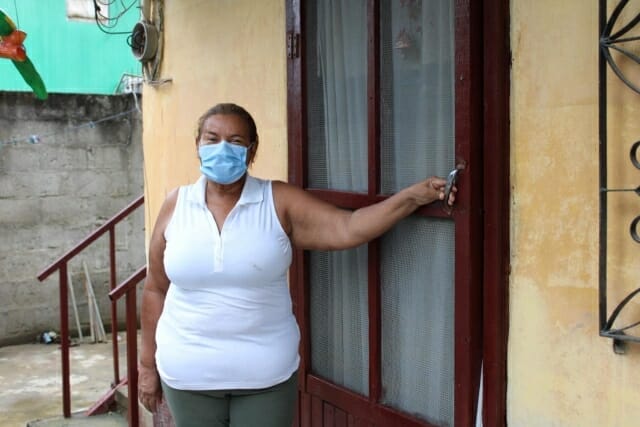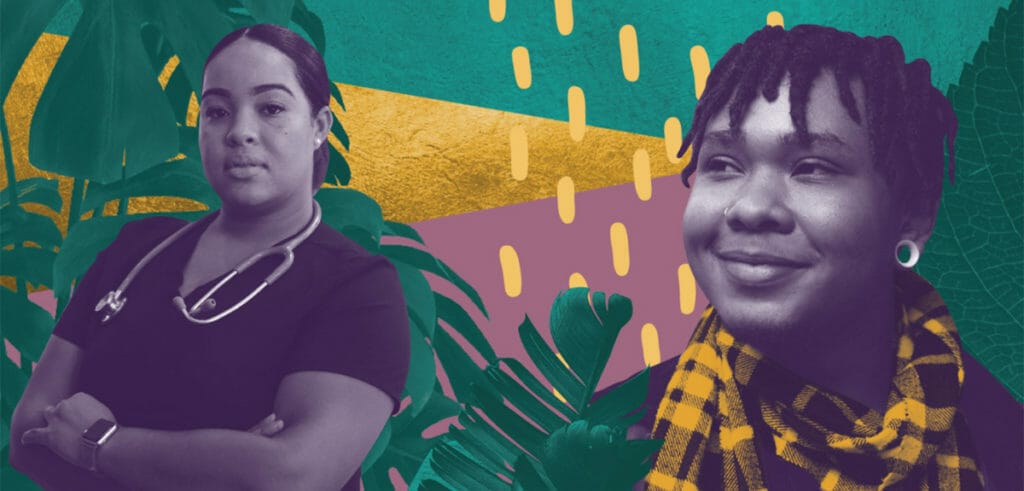Sowing Futures and Lots of Hope in Argentina
By: Sergio Scheffer and Natalia Lopez-Thismon Translated by: Samuel Lau In the peripheral neighborhoods of cities in Argentina, it is not uncommon to find large empty lots gathering junk. Giuliana (Yuli) and her four children, including her 13-year-old son Tiziano (Tizi), lived next to one of these vacant lots. Over the years, she and her…
Read MoreInsuring Resilience against Climate Change in Colombia
As climate change continues to create global challenges, Global Communities is working to create innovative, community-focused solutions to help mitigate the impacts. The city of Medellín, Colombia, faces unique risks associated with climate change due to the city’s topography and rainfall patterns. Heavy rain can result in flooding and mudslides across Medellín and as a…
Read MoreGiving San Diego Infants a Healthy Start through Lactation Education and Access
By Lizzie Hickman The recent baby formula shortage in the United States (U.S.) has brought attention to infant nutrition needs and costs. The scarcity highlighted a larger conversation around the importance of breastfeeding/chestfeeding, inequity in healthcare and barriers parents face to accessing lactation services. In the U.S., Black birthing parents are nine times more likely to…
Read MoreReflecting on the COVID-19 Response Program’s Impact in San Diego
In May 2020, the world could not fathom what the future had in store, nor could Global Communities (then Project Concern International) envision the myriad of needs we would serve in response to the COVID-19 pandemic in San Diego. Fast forward more than two years and what began as a community-centered contact tracing program…
Read MoreUsing the New Digital Savings Group Hub to Eliminate Paper, Inspire Savings
Digitization can feel overwhelming — and even risky when considering inherent equity and access issues. Yet, with the right resources, organizations can go paper-free, or at least reduce that paper output, and save money in the process. We chatted with Paulina Rudnicka, Senior Technical Advisor for Gender Integration at Global Communities, about the launch of…
Read MoreExpanding Possibilities for Women Entrepreneurs in Guatemala
By Jessica Ayala Just over a year ago, Sucely Rocsana Reyes Molina never would have imagined that she would own a flourishing formal dairy business with so many opportunities in the market. Today, the 30-year-old single mother has multiple people who help her deliver 15 types of cheeses and creams, expanding her business well…
Read MoreRebuilding a Sense of Home and Hope in Honduras
Over the course of 14 months, the HEWS program aimed to address both the immediate needs and early recovery of 100,050 people by organizing access to clean water, sanitation and hygiene, safe living conditions through improved shelter and settlements, and multi-purpose cash assistance.
Read MoreQ&A with Arwa Alkhawaja, COVID Outreach Specialist in San Diego
By Natalia López-Thismón When the COVID-19 pandemic began in 2020, Global Communities (then operating as PCI) moved quickly to collaborate with the County of San Diego Health and Human Services Agency to prevent the spread of COVID-19 to the community through contact tracing. Since then, our programming has shifted into education and vaccine outreach as…
Read MoreIndispensable: Recognizing & Rebranding the Work of Brazil’s Trash Recyclers
By Roseli Bianchi and Lizzie Hickman In Brazil, some low-income families make ends meet through recycling. However, the process is not as simple as sorting trash into neatly labeled green bins. Rather, ‘catadores de materiais recicláveis’ are informal waste pickers who spend long, back-breaking hours scouring the streets of their urban communities for discarded materials they…
Read MoreReducing Black Maternal Deaths by Raising the Standard of Care
Rooted in institutional racism and implicit biases, and impacted by the social determinants of health, Black women are three to four times more likely to die from a pregnancy-related cause than their white peers. At least 60 percent of these deaths are preventable, which is why Global Communities’ Healthy Start program provides a continuum of high-quality maternal and infant care for diverse Black and immigrant communities in San Diego, CA.
Read MoreConfronting Climate Change with Bold, Community-Based Actions
By Tanner Roark Climate change is here. It can be seen in every corner of the world, from heatwaves in India and winter storms in Texas to hurricanes in Guatemala and drought in Madagascar. Climate change is cruel. It spares no people or place, and its slow creep of destruction results in the loss of…
Read MoreReflections on Programming Response to the COVID-19 Pandemic
The COVID-19 pandemic has continued to impact communities beyond what many thought would be a few weeks of quarantine. As we recognize the second anniversary of the pandemic, we reflect on Global Communities’ country teams that are hard at work to help mitigate the impacts of the pandemic on their communities. We were able to…
Read MoreFacts about Human Trafficking and COVID-19’s Impact on the Illicit Industry
By Lizzie Hickman Although Human Trafficking Awareness Month is coming to a close, Global Communities continues our work to diminish human trafficking in San Diego by educating children, parents and teachers to identify the signs of exploitation and offer empowerment programs that reduce children’s vulnerability to traffickers. We also press on to mitigate the spread…
Read MoreSupporting Community Recovery in El Copantillo
The drive to the remote community of El Copantillo looks much different than it did almost a year ago. Roads once cleared by the municipality were swept away, along with the rest of the mountain face, when tropical storms Eta and Iota pummeled Honduras in November 2020, causing considerable damage to homes, livelihoods, crops and…
Read MoreEngaging Men in Women’s Economic Advancement in Guatemala
PCI, a Global Communities Partner, and Promundo-US launch pilot program to transform harmful gender norms Working with women alone is not enough to bring about their economic advancement. Recognizing this, PCI, a Global Communities Partner, is partnering with Promundo-US to involve men as allies in a new women’s economic development project in Cuilco, Guatemala. Journeys…
Read MoreCommunity La Reformada, La Lima, Heads Home from Storm Shelters
Community clean-up efforts after tropical storms Eta and Iota, implemented by Global Communities under the USAID’s BHA-funded Honduras Emergency WASH and Shelter (HEWS) program, have enabled a majority of displaced families in La Reformada, La Lima to return to their homes. With the support of the community, program volunteers, and staff provided by Aguas de…
Read MorePCI Champions Movement to Advance Black Maternal Health, Rights, and Justice
Black women are three times more likely to experience a pregnancy-related death than white women. Many of these deaths are preventable, and research indicates their causes are rooted in systemic inequities and implicit bias. To build awareness around this issue and ultimately change the state of Black maternal health in the United States, PCI, a…
Read MoreMarket Analysis of North American Gold Jewelry Market
USAID’s Commercially Viable Conflict-Free Gold Project, known locally as “Zahabu Safi” (Clean Gold), is a five-year program, implemented in the Democratic Republic of the Congo (DRC) by Global Communities and Levin Sources. The project aims to establish a responsible, commercially viable and conflict-free ASM gold supply chain from eastern DRC. A key objective for achieving…
Read More
